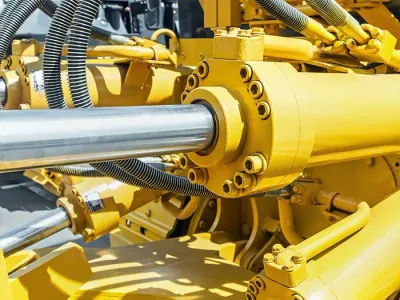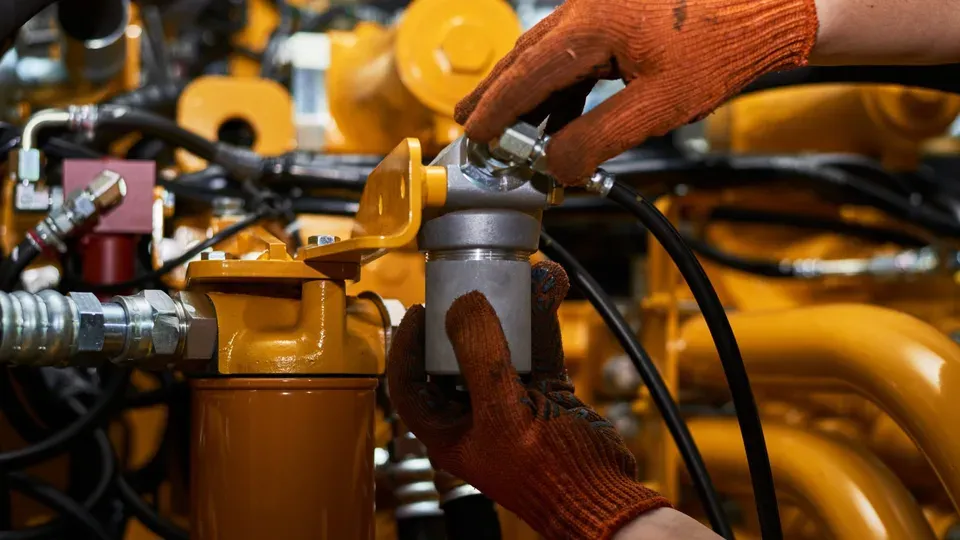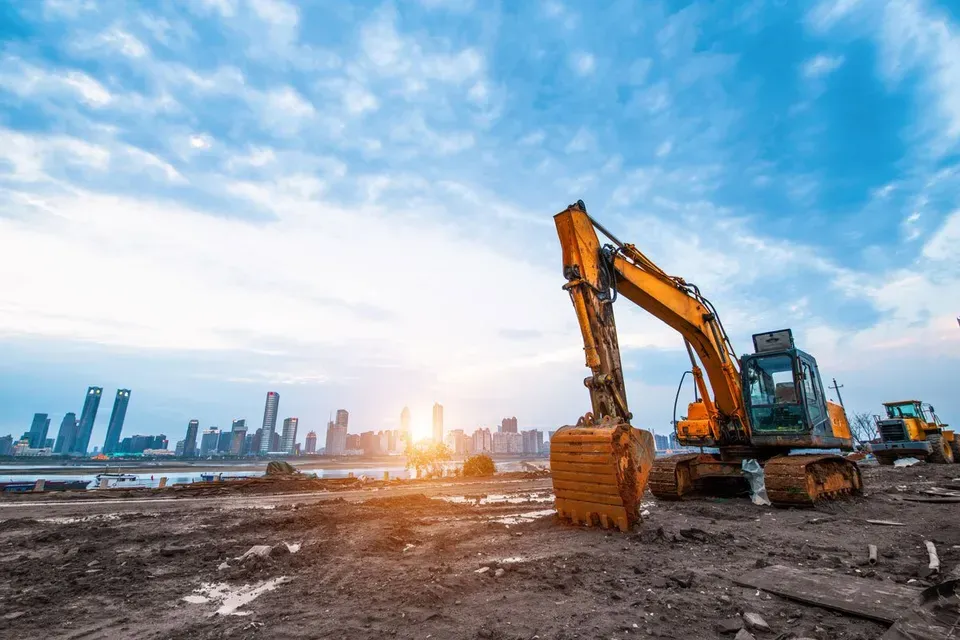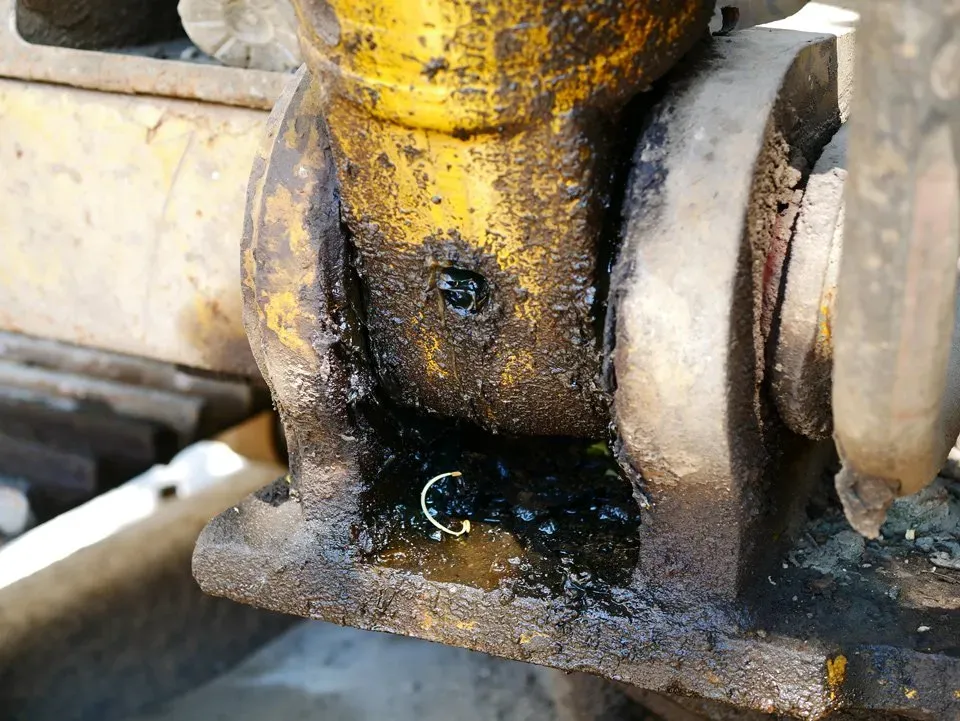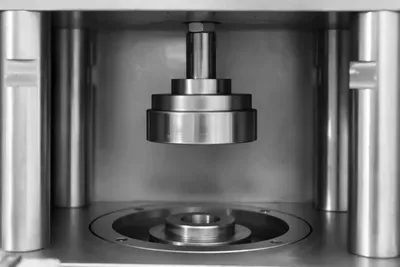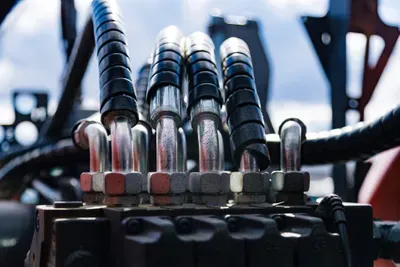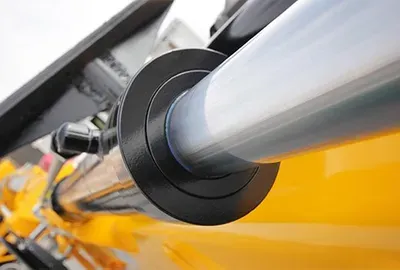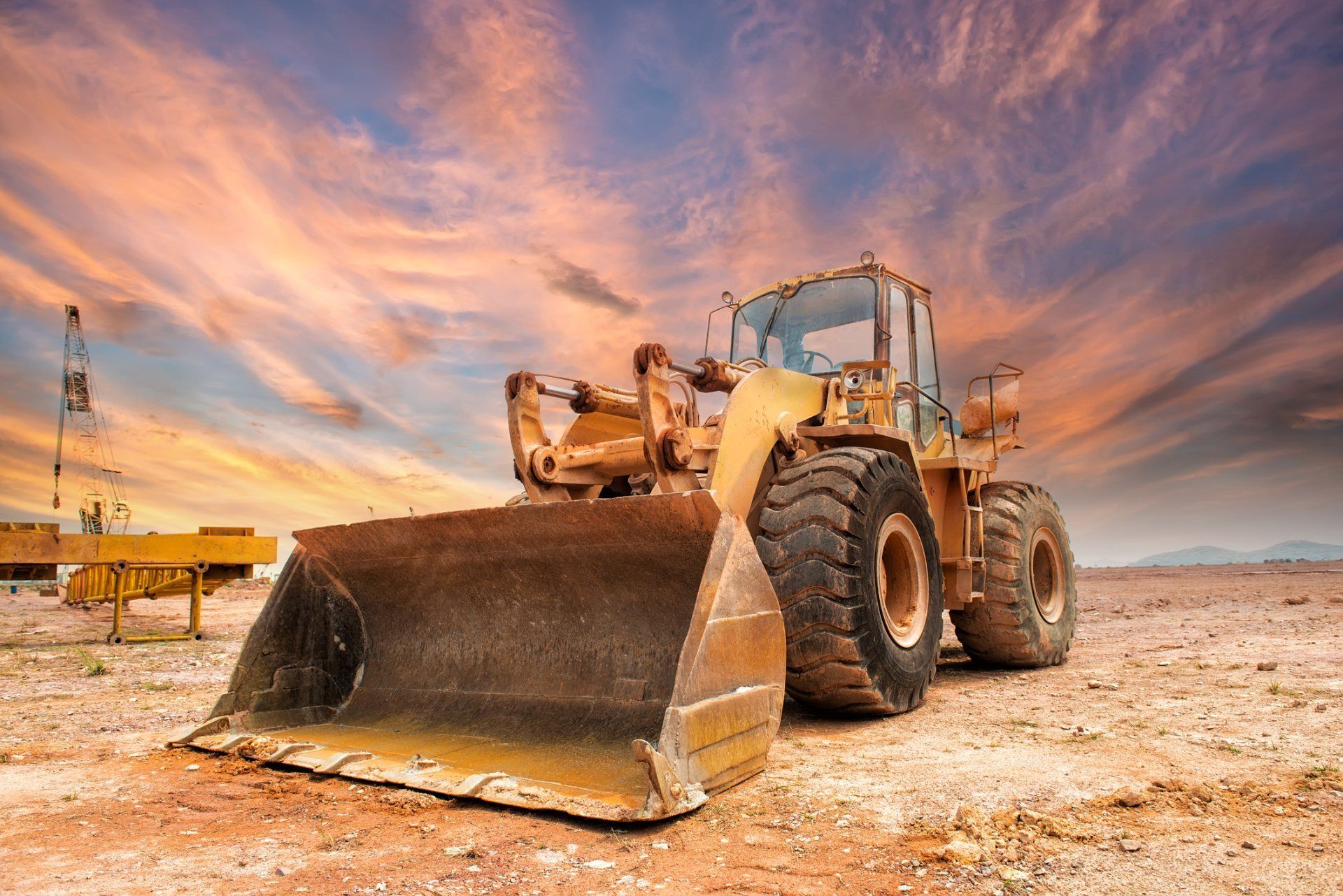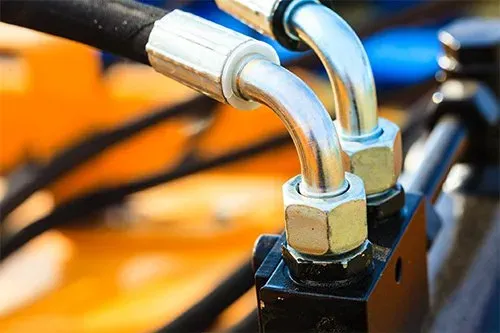4 SIGNS YOUR HYDRAULIC PUMP ISN'T DOING TOO WELL
Whether it's your construction vehicle or another piece of heavy machinery, the failure of a hydraulic pump can mean the failure of a project. However, before a hydraulic pump fails, it will often give a lot of warning signs first. Don't ignore these signs of a failing hydraulic pump.
1. Your Hydraulic Pump Makes Noises
Hydraulic pumps make noise as they operate. You will grow accustomed to whatever noise you hear, which can help when the noises start to change. If you hear unusual noises, you may have a problem. At no time should your hydraulic system create banging or rattling noises.
A major cause of noise is aeration, which is what happens air becomes trapped within the system. Noises can also occur because the pump isn't getting enough fluid. When there's a lack of fluid, corrosion can take place which will contaminate the little fluid still in the system.
As that fluid circulates it can cause damage to every part of a hydraulic system. If you're hearing odd noises from your hydraulic pump, then cease operating your heavy equipment or vehicle. You need to have the pump looked at to determine if you should repair or replace it.
2. Your Hydraulic Pump Leaks
Any leaking of hydraulic fluids should give you some concern. In larger hydraulic equipment, leaking is sometimes considered inevitable. However, when heavy equipment and vehicles show signs of leaking, you should immediately do what you can to mitigate the issue.
A leak that occurs inside or around the pump should prompt you to seek a repair. Equally, if you see signs of leaking outside the vehicle, then you can assume an interior leak has taken a turn for the worse. With a leak, the hydraulic system cannot maintain pressure, which can lead to issues with performance or outright system failure.
Sometimes, the leak doesn't begin with the pump itself, but rather with a loose seal or a break in a line. Even when this is the case, the leak can lead to poor pump performance. Starting the investigation from the pump can often help to spot an issue with some other hydraulic component.
3. Your Hydraulic Pump Gets Too Hot
If your hydraulic system overheats, there's a good chance a buildup of dirt and debris is causing the issue. Your hydraulic pump will have a hard time dissipating heat if the filters become clogged. The inability to release heat will cause temperatures to rise even higher.
As the heat increases, so does the temperature of the fluid. Hot fluid can weaken seals and degrade a lot faster than it should. Both those outcomes can mean further trouble for your hydraulic pump.
4. Your Hydraulic Pump Slows Down
A bad hydraulic pump will lead to poor or sluggish performance. All the aforementioned issues can lead to a hydraulic pump that isn't performing as it should. Nevertheless, even if you don't experience any other issues, the drop in performance is a key sign you need to have your hydraulic pump repaired or replaced.
If your equipment depends on a functioning hydraulic system, you must stay diligent about keeping that system healthy. Monitor your hydraulic system and pay attention to any signs that something isn't working as it should. Routine maintenance of your hydraulic system will help to keep its performance intact while also helping you find potential issues before they become problems.
Often, protecting the viability of your hydraulic pump only requires that you keep up with changing the fluid and replacing smaller components when necessary. You can often save a hydraulic pump with an issue by having it repaired or rebuilt by a professional service.
At
Carolina Hose & Hydraulics, we specialize in high-quality hydraulic components for heavy equipment and vehicles. Contact us for any of your hydraulic pump concerns immediately.

